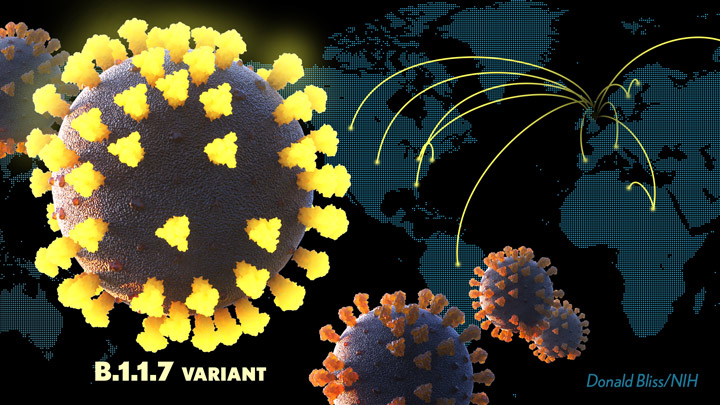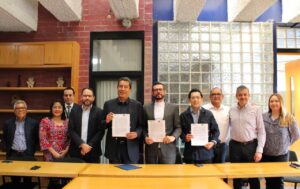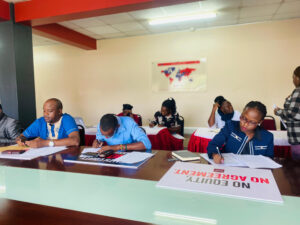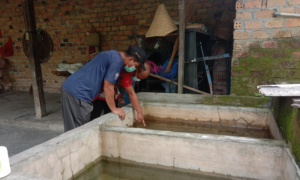LOS ANGELES – AHF, a global AIDS organization, partners with The University of the West Indies, Trinidad and Tobago. An agreement is inked to provide a gene sequencing analyzer and reagents. The aim is to enhance the university’s testing capacity for new COVID-19 variants.
This collaboration targets bolstering the region’s sequencing capabilities. It’s pivotal for expediting testing procedures and reducing turnaround times significantly.
The Caribbean region faces escalating Covid-19 surges, particularly driven by the Delta variant. Hospitals are overwhelmed, some surpassing capacity, others grappling with oxygen shortages. St. Vincent recently reported five cases of the Mu variant, adding to the concerns.

Sequencing Equipment to Foster Collaboration
AHF’s Caribbean Regional Director, Dr. Kevin Harvey, lauds the partnership. The machine is already in the pipeline and slated for installation within the next two to three weeks. The timely provision of the gene sequencing equipment gains significance given the emergence of the Mu variant in Jamaica.
Dr. Harvey underscores the urgency of AHF’s donation:
“The Mu variant’s detection in Jamaica intensifies the need for robust sequencing capabilities. This amplifies the criticality of AHF’s donation of the gene sequencing analyzer and reagents. The timely deployment of this equipment is paramount in combating emerging variants.”
UWI Professor, Dr. Christine Carrington, outlines the COVID-19 IMPACT project’s significance. This UWI-led collaboration with CARPHA and Trinidad and Tobago’s Ministry of Health established local virus genome sequencing capacity in December 2020. UWI’s lab has been conducting genomic surveillance for SARS-CoV-2 variants in Trinidad and Tobago and 16 other CARPHA member states.
Sharing Enhanced Capacity
Dr. Carrington expresses gratitude for AHF’s support amid heightened regional demand. AHF’s provided device surpasses the initial equipment in speed and sample handling capacity. It’s a boon, increasing throughput and meeting the escalating demand for genomic surveillance in the region.
Dr. Jorge Saavedra, Director of the AHF Global Public Health Institute at the University of Miami, underscores the project’s significance within AHF’s broader initiative. This initiative aims to enhance early variant detection, aiding strategic planning and potentially expanding existing sequencing efforts. AHF’s efforts extend to countries served by the organization, influencing informed public policy.
AHF’s ongoing support extends globally. Previous aid was rendered to countries like Brazil, Uganda, Mexico, India, and Argentina. Further initiatives are in progress, including support negotiations in Jamaica. This aligns with AHF’s commitment to establishing genomic sequencing capabilities worldwide.
Expanding its global impact, AHF’s forthcoming initiatives include support in Nigeria, Peru, Ukraine, and Pakistan before the year concludes. This proactive stance reaffirms AHF’s dedication to enhancing genomic surveillance worldwide.
AHF has also previously provided similar support to Brazil, Uganda, Mexico, India, Argentina, and before the end of the year, will undertake other similar initiatives in Nigeria, Peru, Ukraine and Pakistan.








